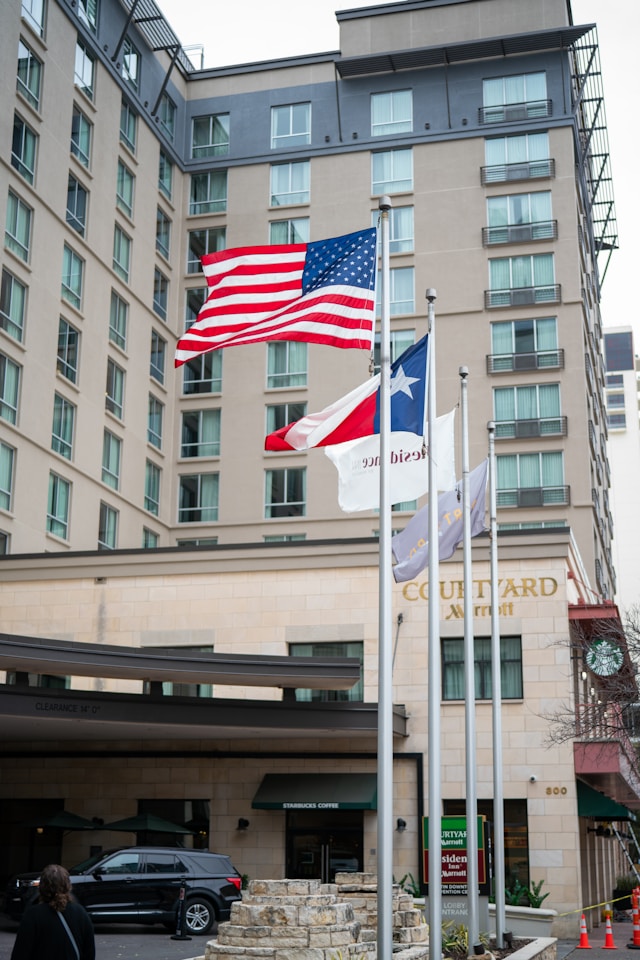Cold chain logistics is the process of transporting food, pharmaceuticals or other products reliant on temperature-controlled environments. Using a supply chain made up of thermal and refrigerated packaging and transportation methods, cold chain logistics requires detailed planning, specialist skills and equipment. This is big business and a very big market too.
The cold chain involves the transportation of temperature sensitive products along a supply chain through thermal and refrigerated packaging methods. It ensures that perishable products are safe and of high quality at the point of consumption. Failing to keep product at the correct temperatures can have some very very dire consequences. Sameday couriers are key to this.
Getting a good understanding of this
Understanding the cold chain process is half the battle for your refrigerated goods. Maintaining optimal temperatures of refrigeration, or, maintaining freezing temperatures for frozen foods that must remain in their solid states, is the most important part of the cold chain process. If you don’t maintain refrigerated temperatures that customers demand, that product is considered unusable. A refrigerated courier is key in helping with this.
Why do we need to keep certain foods and products cold? It may seem simple but it’s also a basic part of the cold chain process we have to understand. In short, low temperatures prevent sensitive products from altering their state and reducing their shelf life.
Food does need to be measured
A gas chromatography procedure can be performed to check the quality of your refrigerated food. This is all done to make sure it met your standards throughout the delivery process. The gas chromatography analysis looks at food compounds that make our taste buds sing. This too is done to make sure they are safe and intact. This means the food was kept at safe temperatures during the entire cold chain delivery.
Thermometers in intermodal trucks, reefers and storage facilities also keep track of any temperature fluctuations to ensure consistent cold temperatures during the journey. Cold chain logistics companies that adhere to all regulations and testing procedures ensure your products arrive fresh and the way you expect. You will also avoid delays and testing when companies strive to meet all quality standards. In the end, following these procedures is best for your customers, which will always receive the refrigerated care your products deserve when they make it to their house.
There are some very certain and key activities involved
A cold chain is a supply chain that deals with perishable, temperature-sensitive goods. This is also called cool cargo. These are items such as fresh produce, meat, dairy, seafood, chemicals, pharmaceuticals, flowers, wine, etc. Usually, a specific low-temperature range has to be maintained to ensure the quality and integrity of perishable goods, i.e., some groups of products have to be refrigerated, some must be frozen, while yet others require extreme conditions (a so-called ultralow chain or deep freeze). Failure to maintain the right temperature leads to product spoilage and, ultimately, financial losses. Cold chain logistics is a set of activities aimed at handling and transporting such items. This is all to be done securely from the manufacturer or supplier to consumer.
Overall
The demand for cold chain logistics services in pharma has grown steadily over the last few years. The 2020 Biopharma Cold Chain Sourcebook predicts that this market will be worth $21.3 billion by 2024. This is up from 2019’s $15.7 billion. Blood, stem cells, tissues, transplant organs, as well as diverse drugs and vaccines – all these items need a range of 2° to 8°C and sometimes down to -80°C. If the required temperature level is not maintained, such products can become useless or even harmful for patients. Recently, billions of COVID-19 vaccines had to be spread out on a global scale – and they require a stable, ultra-low temperature of below -70°C (so do some others, including the Ebola vaccine).
Besides, a large number of new drugs being approved by the US Food and Drug Administration is temperature-sensitive as well. So, the need to develop proper cold chain infrastructure to maintain required conditions at all stages is higher than ever. This is for sure a market to keep a good and close eye out on.
















